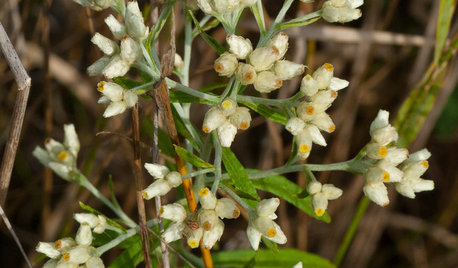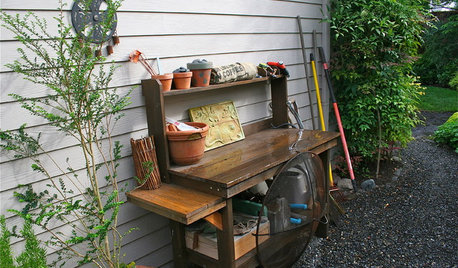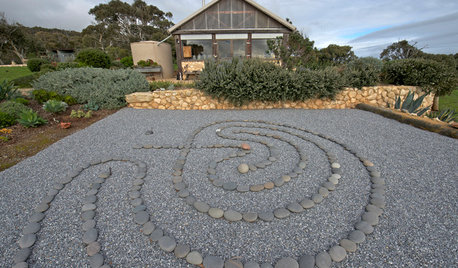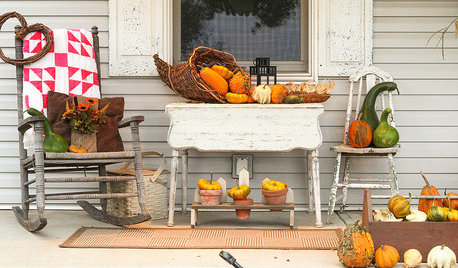Spontaneous Combustion in Soil
anna_in_quebec
17 years ago
Featured Answer
Sort by:Oldest
Comments (47)
maggiemae_2006
17 years agopaulns
17 years agoRelated Professionals
Graham Landscape Architects & Landscape Designers · Port Royal Landscape Architects & Landscape Designers · Prairie Ridge Landscape Architects & Landscape Designers · Salisbury Landscape Architects & Landscape Designers · Signal Hill Landscape Architects & Landscape Designers · Manchester Landscape Contractors · Broadlands Landscape Contractors · East Lake-Orient Park Landscape Contractors · Palm Beach Gardens Landscape Contractors · American Fork Decks, Patios & Outdoor Enclosures · Hayward Decks, Patios & Outdoor Enclosures · Hershey Decks, Patios & Outdoor Enclosures · High Point Decks, Patios & Outdoor Enclosures · Lafayette Decks, Patios & Outdoor Enclosures · Pataskala Decks, Patios & Outdoor Enclosuresbpgreen
17 years agohoorayfororganic
17 years agopaulns
17 years agoKimmsr
17 years agovance8b
17 years agopablo_nh
17 years agogardengal48 (PNW Z8/9)
17 years agohoorayfororganic
17 years agobpgreen
17 years agopaulns
17 years agoanna_in_quebec
17 years agomaggiemae_2006
17 years agobpgreen
17 years agoKimmsr
17 years agomaggiemae_2006
17 years agohoorayfororganic
17 years agomaggiemae_2006
17 years agojeannie7
17 years agobpgreen
17 years agomaggiemae_2006
17 years agobpgreen
17 years agomaggiemae_2006
17 years agoKimmsr
17 years agojeannie7
17 years agomaggiemae_2006
17 years agoshrubs_n_bulbs
17 years agomaggiemae_2006
17 years agoheptacodium
17 years agoJosi W
6 years agogardengal48 (PNW Z8/9)
6 years agotoxcrusadr
6 years agokimmq
6 years agogardengal48 (PNW Z8/9)
6 years agoJosi W
6 years agotoxcrusadr
6 years agoparnelli13
5 years agoannpat
5 years agoarmoured
5 years agotoxcrusadr
5 years agoCatharine Vaucher
3 years agoarmoured
3 years agoCatharine Vaucher
3 years agoarmoured
3 years agolast modified: 3 years agoPatrik Bihammar
8 months ago
Related Stories

GARDENING GUIDESGreat Design Plant: Pseudognaphalium Obtusifolium, or Rabbit Tobacco
This late-blooming native annual, also known as sweet everlasting, adds spontaneity to landscapes in the eastern United States
Full Story
GARDENING GUIDESNew Ways to Think About All That Mulch in the Garden
Before you go making a mountain out of a mulch hill, learn the facts about what your plants and soil really want
Full Story
MORE ROOMSReclaim Room to Breathe
Take back the down time you deserve by disconnecting and paying attention to small pleasures in unexpected areas of your home
Full Story
HOUSEKEEPINGHow and Why You Should Clean Your Garden Tools
Avoid rust and extend the life and effectiveness of your blades and spades with these expert tips
Full Story
FIREPLACESUpdated Woodstoves Keep Home Fires Burning
Better technology means more efficiency than ever for modern woodstoves
Full Story
STUDIOS AND WORKSHOPSStep Inside a Stunning Nature-Inspired Sanctuary in South Australia
An Aussie artist lets the natural coastal landscape dictate the design of her creative retreat
Full Story
GARDENING GUIDES10 Ideas for an Exuberantly Abundant Landscape
Let passion and largesse overflow for a garden that provides a rich experience along with a beautiful scene
Full Story
GREEN BUILDINGWhy You Might Want to Build a House of Straw
Straw bales are cheap, easy to find and DIY-friendly. Get the basics on building with this renewable, ecofriendly material
Full Story
PORCHESA Peek at 2 Prettily Dressed Fall Porches
Pumpkins, fall flowers and flea market finds help two Ohio porches get into the seasonal spirit
Full StoryGREEN BUILDING11 Reasons to Live in a House of Straw
Don’t be fooled by the old folk tale. Straw bales are a strong, functional and good-looking building material
Full Story






maggiemae_2006